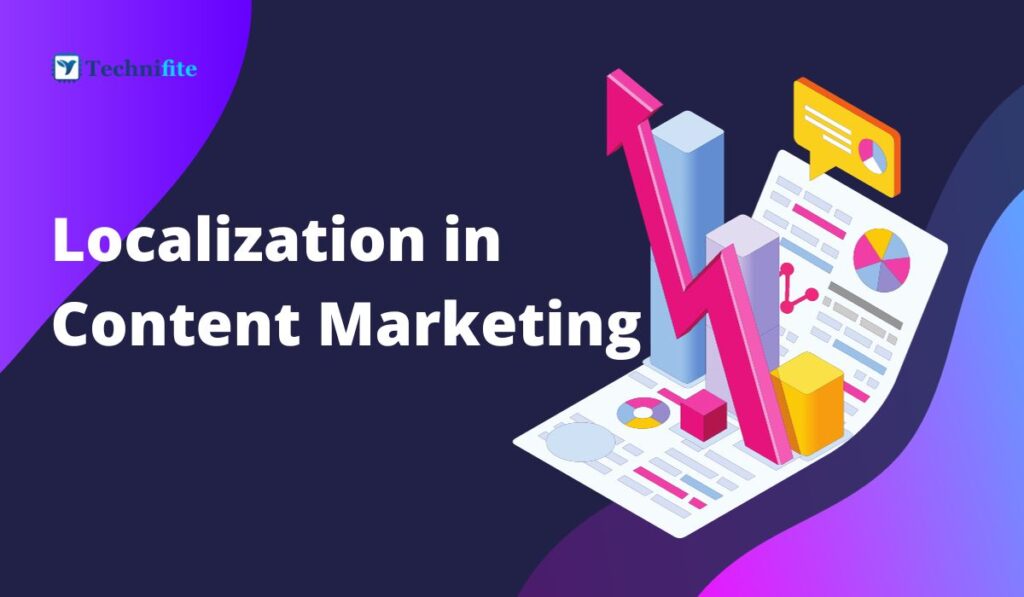Local SEO Strategies for Small Businesses: In today’s digital age, having a strong online presence is crucial for the success of any small business. Local search engine optimization (SEO) is a powerful tool to help small businesses connect with their local audience and drive more foot traffic to their physical locations. In this step-by-step guide, we’ll explore effective local SEO strategies tailored to small businesses, helping you improve your online visibility and attract more customers from your local area.
Step 1: Claim and Optimize Your Google My Business Listing
Google My Business (GMB) is a free tool that allows you to manage your business’s online presence on Google Search and Maps. To get started:
- Claim Your Listing: If you haven’t already, claim your GMB listing. Go to the Google My Business website and follow the prompts to verify your business.
- Complete Your Profile: Fill out all the relevant information, including your business name, address, phone number, website, hours of operation, and high-quality images of your products or services.
- Add Categories: Choose relevant categories that describe your business to improve your chances of appearing in local searches.
- Encourage Reviews: Encourage satisfied customers to leave reviews on your GMB listing. Respond promptly and professionally to all reviews, whether positive or negative.
Step 2: Optimize Your Website for Local SEO
Your website is a crucial component of your online presence. Make sure it’s optimized for local SEO:
- Local Keywords: Research and use keywords that potential customers might use in their searches. Include these keywords naturally in your website content.
- On-Page SEO: Optimize your website’s title tags, meta descriptions, headers, and content to include local keywords and location-specific information.
- Mobile-Friendly Design: Ensure your website is mobile-responsive, as many local searches happen on mobile devices.
- Local Schema Markup: Implement local schema markup on your website to provide search engines with structured information about your business, such as address, phone number, and business hours.
Step 3: Create High-Quality Local Content
Creating relevant and informative content is essential for local SEO:
- Local Blog Posts: Write blog posts about local events, news, or topics related to your industry. Show your expertise and connection to your community.
- Location Pages: If you serve multiple locations, create individual location-specific pages with unique content for each area you serve.
- Customer Testimonials: Feature customer testimonials and case studies on your website to build trust with potential customers.
Step 4: Build Local Citations
Citations mention your business’s name, address, and phone number (NAP) on other websites. Consistency and accuracy are key:
- Local Directories: List your business on local directories, such as Yelp, YellowPages, and local chamber of commerce websites.
- NAP Consistency: Ensure your NAP information is consistent across all online platforms. Any discrepancies can negatively impact your local SEO.
Step 5: Earn Backlinks from Local Sources
Backlinks from authoritative local websites can significantly boost your local SEO:
- Local Outreach: Reach out to local bloggers, news outlets, and community organizations to build relationships and earn backlinks.
- Sponsorships and Events: Sponsor local events or charities and ask for a mention and a link on their websites.
Step 6: Monitor and Analyze Your Progress
Use tools like Google Analytics and Google Search Console to monitor your local SEO efforts. Keep an eye on:
- Keyword Rankings: Track how your local keywords are performing in search results.
- Website Traffic: Monitor the traffic your website receives from local searches.
- GMB Insights: Regularly check your GMB dashboard for insights on how customers find your business.
Conclusion
Effective local SEO strategies can significantly impact a small business’s success in today’s competitive digital landscape. By claiming and optimizing your Google My Business listing, optimizing your website, creating valuable content, building citations, earning local backlinks, and monitoring your progress, you can improve your online visibility and attract more local customers. Consistency and persistence are key, so make local SEO an ongoing effort to ensure long-term success for your small business.
Frequently Asked Questions
What is the importance of Google My Business (GMB) for local SEO?
Google My Business is essential for local SEO because it allows you to control how your business appears in Google Search and Maps. It provides critical information to potential customers, including your address, phone number, hours of operation, and customer reviews. Optimizing your GMB listing increases your chances of appearing in local search results and attracting nearby customers.
How can I encourage customers to leave reviews on my Google My Business listing?
To encourage reviews, you can ask satisfied customers in-person or through follow-up emails or messages. Make the process easy by providing a direct link to your GMB review page. However, it’s crucial to follow Google’s guidelines and not incentivize or buy reviews, as this can lead to penalties.
Do I need a physical storefront to benefit from local SEO?
No, you don’t necessarily need a physical storefront. Service-area businesses, such as plumbers, electricians, or freelancers, can benefit from local SEO by specifying their service areas in their GMB profiles and creating location-specific content on their websites. The key is to accurately represent your service area and provide local relevance.
How long does it take to see results from local SEO efforts?
The timeline for seeing results from local SEO can vary depending on factors like competition, your website’s current state, and the consistency of your efforts. Generally, you may start noticing improvements in a few weeks to several months. It’s essential to maintain your local SEO efforts over time to sustain and build upon these results.
Are online directories and citations still relevant for local SEO in 2023?
Yes, online directories and citations remain relevant for local SEO in 2023. They help establish the credibility and consistency of your business information across the web. Consistent NAP (Name, Address, Phone number) data on reputable directories can positively impact your local search rankings. However, it’s crucial to focus on quality directories and maintain accuracy to avoid negative consequences on your SEO efforts.
Remember that local SEO is an ongoing process, and staying informed about changes in search engine algorithms and user behavior is essential for continued success.


